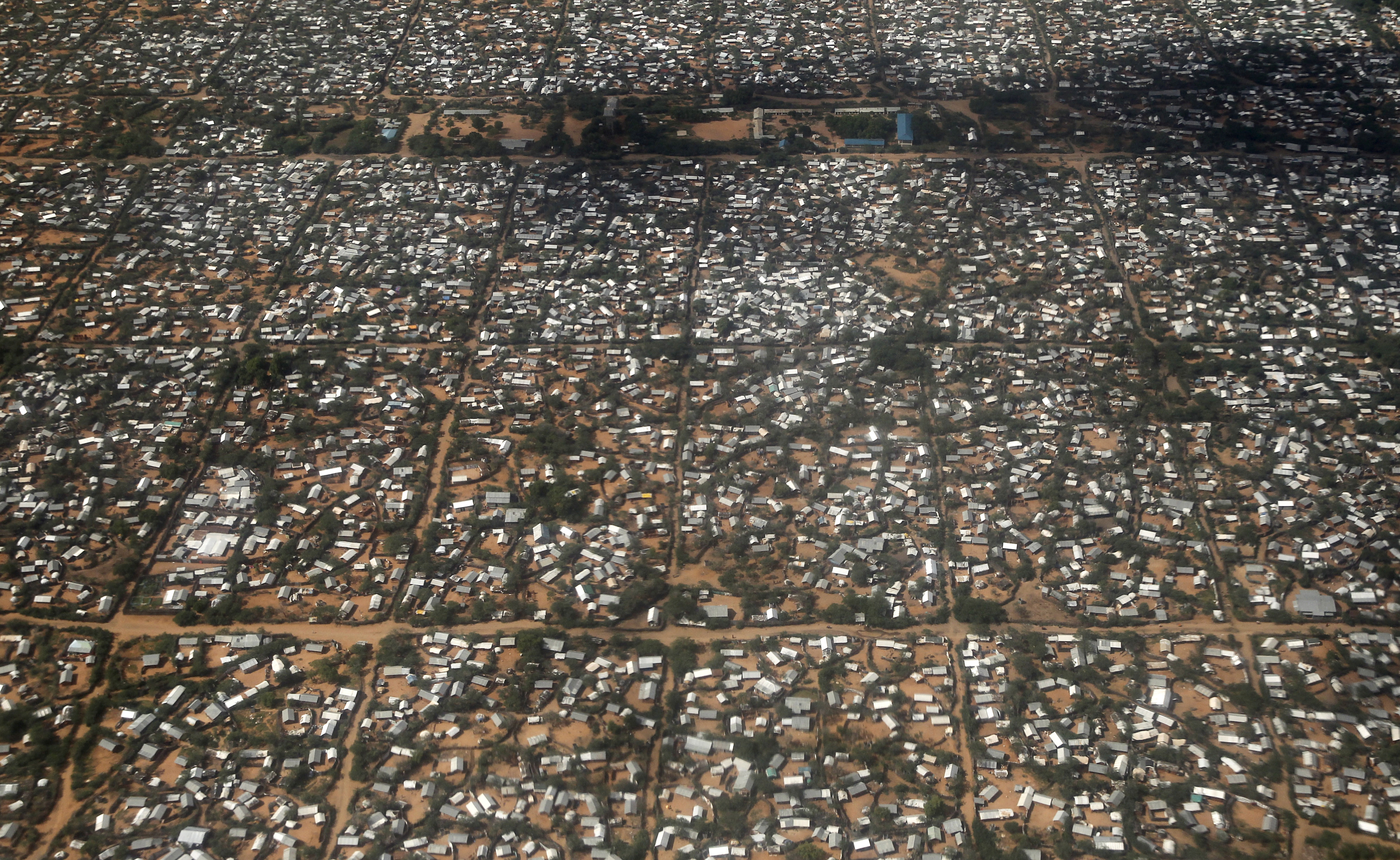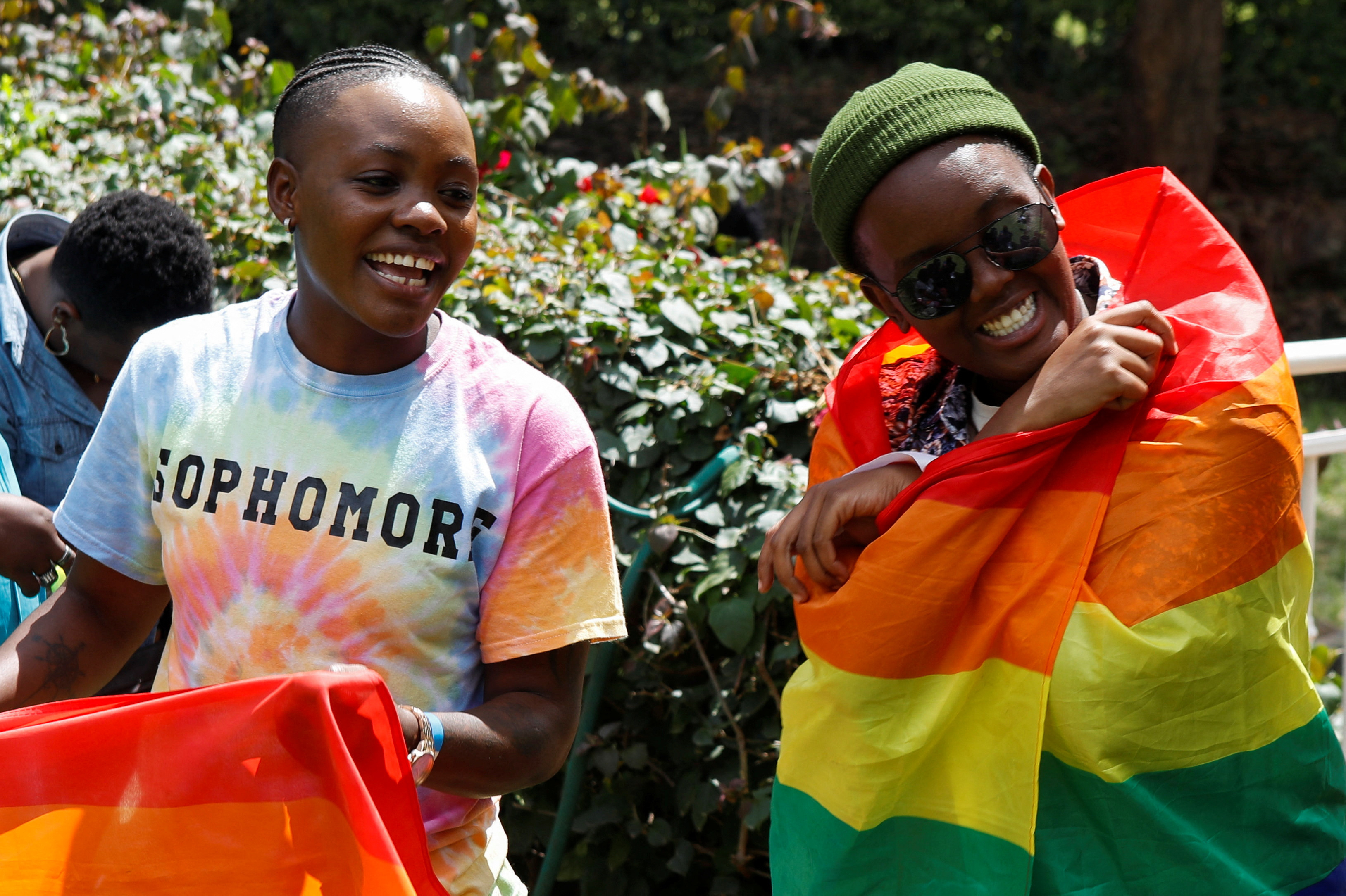The plight of LGBTQ+ individuals fleeing Uganda"s draconian Anti-Homosexuality Act is becoming increasingly dire as they seek refuge in Kenya, only to face the looming threat of similar legislation. Reports indicate that the family protection bill in Kenya, championed by conservative politicians, could further jeopardize the already precarious safety of these exiles.
Uganda’s Brutal Anti-LGBTQ+ Law Sparks Exodus
In May 2023, Uganda enacted one of the world"s most severe anti-LGBTQ+ laws, imposing the death penalty for so-called "aggravated homosexuality" and life imprisonment for consensual same-sex relationships. This legislation intensified systematic persecution, with police raids and public shaming becoming rampant. Entity*, a 27-year-old Ugandan refugee living in Nairobi, recalls being arrested and subjected to abuse during a police raid. His harrowing experience is echoed by many others who have fled Uganda, where the atmosphere of terror has been cultivated by state-sponsored violence.
Kenya"s Emerging Threat to LGBTQ+ Safety
Just as Uganda’s law was enacted, Kenya announced its own family protection bill, which could mirror Uganda’s repressive measures. Spearheaded by MP Peter Kaluma, known for his anti-gay rhetoric, this proposed legislation threatens to institutionalize discrimination against LGBTQ+ individuals. Yvonne Wamari, a senior program officer for Africa at Outright International, warns that if passed, this law would foster internalized homophobia and create a hostile environment for asylum seekers. This is particularly alarming for those seeking refuge from Uganda’s oppressive regime.

Kenya tells U.N. it will shut two camps with 410,000 refugees ...
Human Rights Violations Documented
According to a report from Human Rights Watch, the new laws not only empower the state but also embolden civilians to commit violence against LGBTQ+ individuals. Rock*, another refugee from Uganda, describes the societal shift following the law’s passage, stating, "The government gave them that liberty, and people felt entitled to target you." The normalization of such violence underscores the urgent need for international intervention and accountability.
Challenges in the Asylum Process
Despite Kenya"s relative recognition of LGBTQ+ asylum claims, the process is fraught with complications. As reported by Dana Hughes from UNHCR Kenya, resources dedicated to processing these sensitive cases are dwindling, leading to significant delays. Hughes states, "Resources that were already stretched are now being drastically reduced," which directly affects the safety and well-being of LGBTQ+ asylum seekers. With over 225,000 asylum seekers in Kenya awaiting refugee status, many LGBTQ+ individuals are left in limbo, vulnerable to persecution.

Insight: Kenya could follow Uganda as East African nations ...
Community and Resilience Amidst Struggles
In response to these challenges, grassroots organizations like the Nature Network are stepping up to provide support and shelter for LGBTQ+ refugees. Established by Ugandan refugees, this initiative has created safe spaces where individuals can find community and care. Entity expresses gratitude for the solidarity he finds in this environment: "Here, I feel at home simply because I’m living with people who understand me." Such community-driven efforts are essential, yet they exist against a backdrop of increasing threats.
As the LGBTQ+ community in Kenya prepares for potential legislative changes, they remain resilient. Cultural events, such as balls and performances, serve as platforms for expression and solidarity, although access remains limited for many due to socio-economic barriers. The intersection of cultural resistance and the fight for legal protection illustrates the ongoing struggle for dignity and rights in the face of adversity.
Ultimately, the situation for LGBTQ+ refugees fleeing Uganda and facing new threats in Kenya is critical. The international community must intervene to protect these vulnerable populations and ensure their rights are upheld, as the stakes continue to rise.


![[Video] Hillary Clinton: Women's equality is the unfinished business of the 21st century](/_next/image?url=%2Fapi%2Fimage%2Fthumbnails%2Fthumbnail-1765096256004-4wn0xo-thumbnail.jpg&w=3840&q=75)

![[Video] Erdogan: Ethnic and religious diversity should not divide Turkey](/_next/image?url=%2Fapi%2Fimage%2Fthumbnails%2Fthumbnail-1764249656004-ion8m-thumbnail.jpg&w=3840&q=75)


![[Video] Gunfire between Iraqi security forces and Sadr militias in Baghdad](/_next/image?url=%2Fapi%2Fimage%2Fthumbnails%2Fthumbnail-1768343508874-4redb-thumbnail.jpg&w=3840&q=75)
